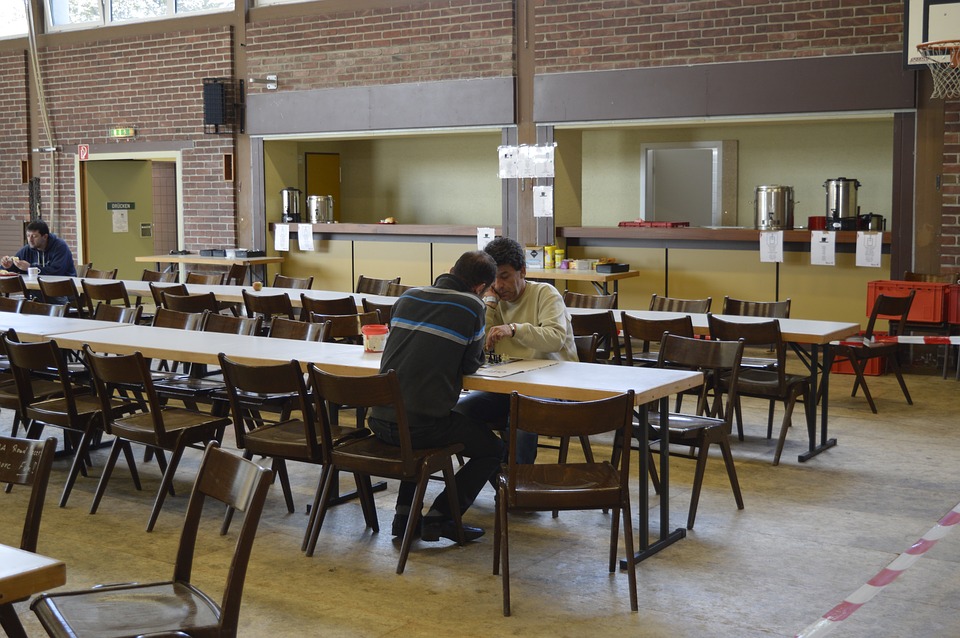How Canada Is Using Immigration Law, the Private Sector, and International Partners to Support Refugees
In recent months, Canada has made an exemplary commitment to the settlement of thousands of Syrian refugees. Canadian immigration lawyers and support services have been busy assisting these newcomers’ transition into Canadian society. Though Canada has opened its borders to over 25,000 Syrian refugees, there are many challenges in establishing their successful transition to Canadian life. Upon arrival, many families do not speak the language and aren’t set up to easily transition into Canada’s economy. And despite our best efforts, hundreds of thousands of Syrians are still awaiting settlement in refugee camps, and still others are not able to leave their war-torn country in search of a safer, more stable community.
Over the course of 2016, the Liberal government has promised to sponsor an additional 10,000 Syrian refugees in Canada. This means more refugees coming in and needing assistance. While the country’s immigration supports and lawyers have been busy providing advice and gathering the documentation necessary for various refugee claims, the Liberal government has been making its own moves to assist in the successful transition of Syrians into Canadian society.
Private sponsors have also been working diligently to help settle the influx of refugees into the country, and immigration minister John McCallum has recently made several promises to improve the situation of Syrians both nationally and internationally. His first commitment is to encourage corporate involvement in the settlement of refugees. By involving the private sector, the government hopes to enhance the integration of refugees into Canada’s economy. And while Canada is holding off on promising additional spots for Syrian refugees until 2017, McCallum has stated the Liberals hope to expand the number of refugees accepted into Canada for their post-secondary education, something many immigration lawyers have noted has become increasingly difficult in recent years.
Internationally, the government hopes to encourage technical training and support to open up other countries’ borders for fleeing Syrians. By working with other countries, the International Organization for Migration, and the Syrian government, Canada hopes to encourage the number of Syrians that are able to leave the country. This is important because many working Syrians cannot claim refugee status, so alternative strategies are being developed to assist them.
These new efforts have been applauded when McCallum presented them at the UN conference in Geneva back in March. The Syrian refugee crisis is of a scale not seen since the Second World War, and Canada’s immigration lawyers feel that the support of the international community is crucial for the displaced population.
Many local initiatives, including Ottawa-based initiatives such as Matthew House Ottawa and the YMCA-YWCA newcomer services, welcome the support of their communities in assisting refugees upon their arrival in Canada.
Share this article
Arghavan Gerami
Arghavan Gerami is the Founder and Senior Counsel at Gerami Law Professional Corporation ('PC'), a full-service immigration law firm in Ottawa, Ontario. Since 2011, Ms. Gerami has focused her practice on immigration and refugee litigation. Prior to that, Ms. Gerami worked at the Ministry of Attorney General and the Department of Justice and had the privilege of serving the Honourable Mr. Justice M. Evans at the Federal Court of Appeal on immigration and administrative law appeals. Ms. Gerami contributes to the Immigration Law Section of the Canadian Bar Association, the Canadian Association of Refugee Lawyers, and the United Nations High Commissioner for Refugees. Ms. Gerami has also published numerous journal articles and presented at various immigration and refugee law conferences and events across Canada.

